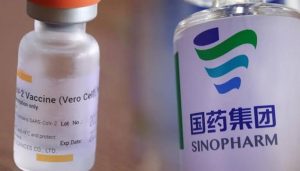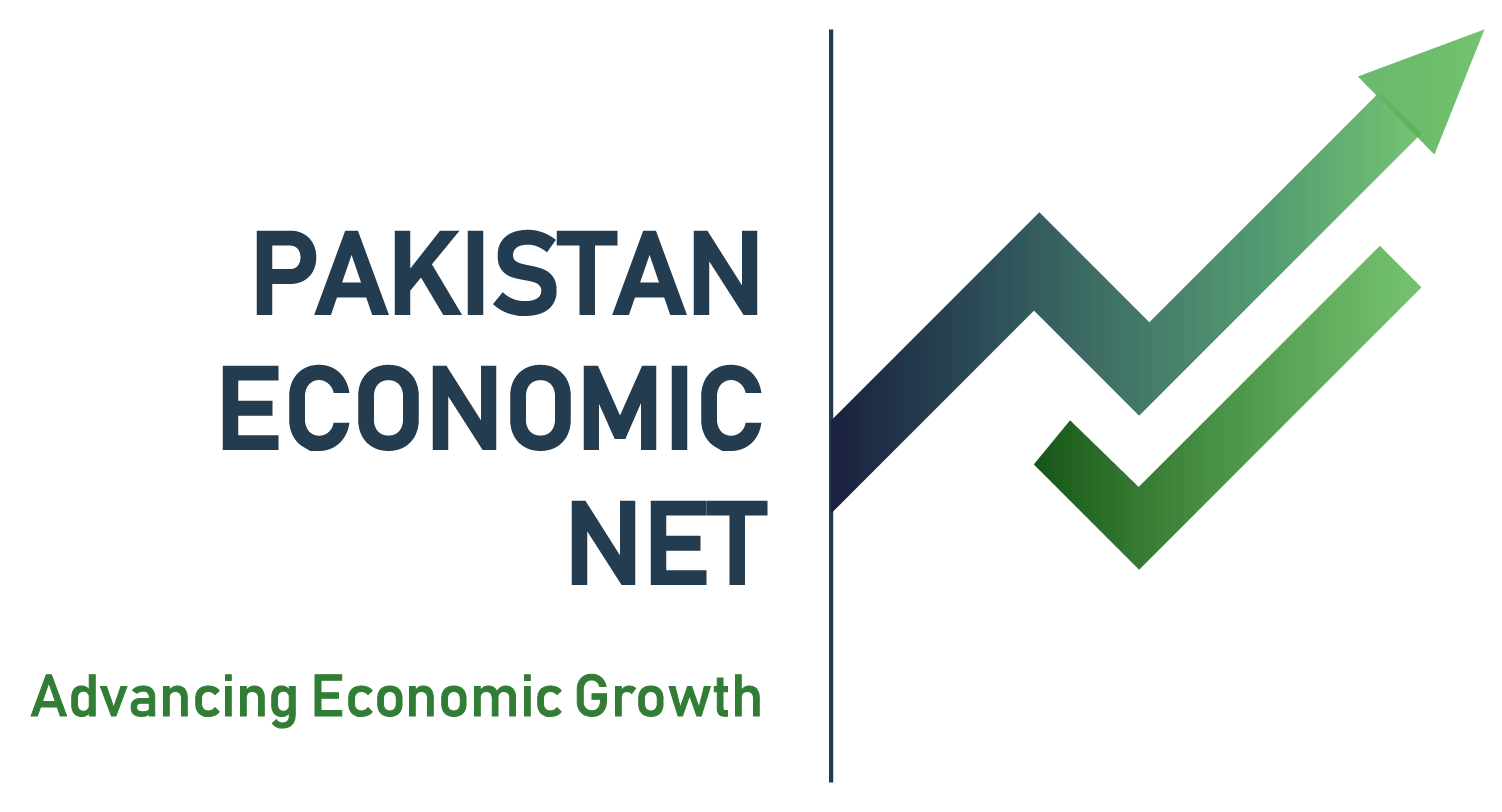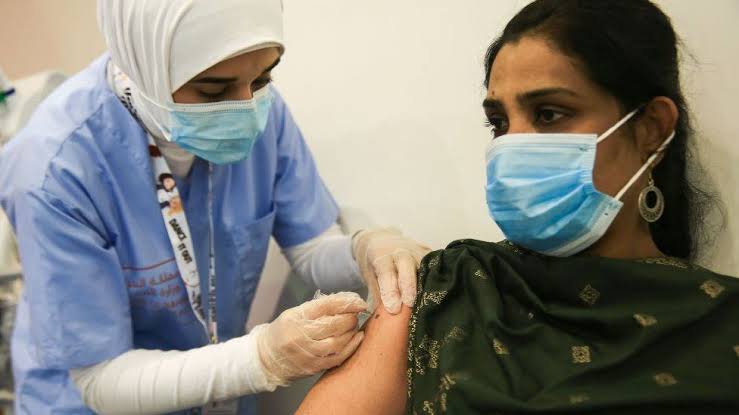On August 28, Sinopharm vaccine landed in Singapore. Vaccination appointments of the Chinese vaccine in many clinics were fully booked on the very first day. Some clinics even received more than 400 registrations of interest while they still had half a month to wait until receiving the vaccines. Earlier, Thailand’s Chulabhorn Royal Academy opened online registration for the first batch of Sinopharm vaccines. The number of people booking vaccination crashed the website in just 3 minutes. “Sinopharm Vaccine” went viral as it even topped Thailand’s Twitter trending list that day.
Why are Chinese vaccines so welcomed by Asian countries? It can be summarized as follows:
First, quick and sufficient supply addresses the urgent needs. Chinese President Xi Jinping stressed that “committed to building a global community of health for all, China is providing vaccines to the world, particularly fellow developing countries”. Chinese vaccines were the first batches of vaccines available to many neighboring countries. In early spring, when fellow neighboring countries were hit hard by the pandemic, the timely supply of Chinese vaccines provided hope and power to the fight against the pandemic. That’s why Presidents of the Philippines, Sri Lanka, and Prime Ministers of Cambodia, Thailand and Laos went to the airport to receive vaccines from China. They expressed gratitudes to China on various occasions.
Sri Lankan President Gotabaya said that at the critical juncture of Sri Lanka’s immunization program, certain countries cut off, delayed the vaccine supply to Sri Lanka, some offered little which could not solve the major problem. Only China and its vaccines could be trusted. Vietnamese Prime Minister Pham Minh Chinh said, “The best vaccine is the earliest one that can be administered.” Anutin Charnvirakul, Deputy Prime Minister and Minister of Health of Thailand, repeated that China provided vaccines to Thailand in spite of limited production and huge demand within China, which greatly alleviated Thailand’s urgent situation at that time.
Second, Chinese vaccines are Safe and effective. The safety and efficacy indicators of the Chinese vaccines exceed the standards set by the World Health Organization. Chinese vaccines have been proved providing effective protection in a wide range of people, even against the more infectious Delta variant.
China’s inactivated vaccines have few side effects, with the rate of adverse reactions being only 0.006%. Accidents related to Chinese vaccines rarely occur. Heads of states or governments from Indonesia, the Philippines, Laos, Pakistan and other Asian countries received Chinese vaccine innoculations publicly, fully demonstrating their confidence in Chinese vaccines.


In the face of certain rumors against Sinovac vaccine, Health ministries of Malaysia and Thailand have confirmed with data that sinovac vaccines are as safe and effective as other brands’ in preventing serious illness and death caused by the Delta Variant. Mainstream medias in neighboring countries have also defended the name of Chinese vaccines. The Bangkok Post pointed out that certain figures discreditted Sinovac vaccine out of political reasons and commercial interests. Vietnam Plus applauded Sinopharm vaccine as being used on a large scale in many countries, including China, and proved to be effective, especially against the Delta Variant.
Third, Chinese vaccines are accessible and affordable. President Xi Jinping has pointed out, China must step up research and development of vaccines and related exchanges, and work harder to make the vaccines a global public good to improve their accessibility and affordability in developing countries. China and partner countries jointly launch the Initiative for Belt and Road Partnership on COVID-19 Vaccines Cooperation to promote fair international distribution of vaccines and build a global shield against the virus.
Since the introduction of Chinese vaccines, China has been taking concrete actions to fulfill the agreement and commitment. Affordable prices and few requirements for storage and transportation are outstanding merits of Chinese vaccines. Significant reduction of the economic burden enables countries to vaccinate more people at the same cost, thus achieving greater immunization coverage. Up to now, China has been donating vaccines to 105 countries, and exporting vaccines to over 60 countries. The total number has exceeded 990 million doses. China has also decided to donate 100 million USD to COVAX for distributing vaccines to developing countries.
China always promotes vaccine R&D, production and distribution with an open and cooperative attitude, and is willing to help developing countries to enhance their vaccine production capacity. Only in Asia, China has already conducted R&D and production cooperation with Indonesia, Malaysia, Pakistan and other neighbouring countries. Chinese vaccines companies are supported to collaborate with foreign partners and help enhance their production capacity.
Since the outbreak of the pandemic, President Xi Jinping has actively advanced international vaccine cooperation at international arena and has shared Chinese wisdom and solution for winning the victory over the pandemic and building a community with a shared future for mankind. Chinese vaccines are safe, effective, accessible and affordable. They truly serve as people’s vaccines.
Although faced with the sudden and severe challenges posed by Covid-19, China and neighbouring countries have demonstrated even more solidarity through vaccine cooperation. Over day and night, across mountains and seas, the arrival of Chinese vaccines brought confidence and strength to neighboring countries in support of the anti-pandemic cooperation. China always pays attention to the needs of its neighbors, devotes to build a global community of health for all and honors its commitment by making vaccines a global public good, strengthening vaccine cooperation with neighbouring countries, helping each other and fighting together to win the victory over the pandemic.





